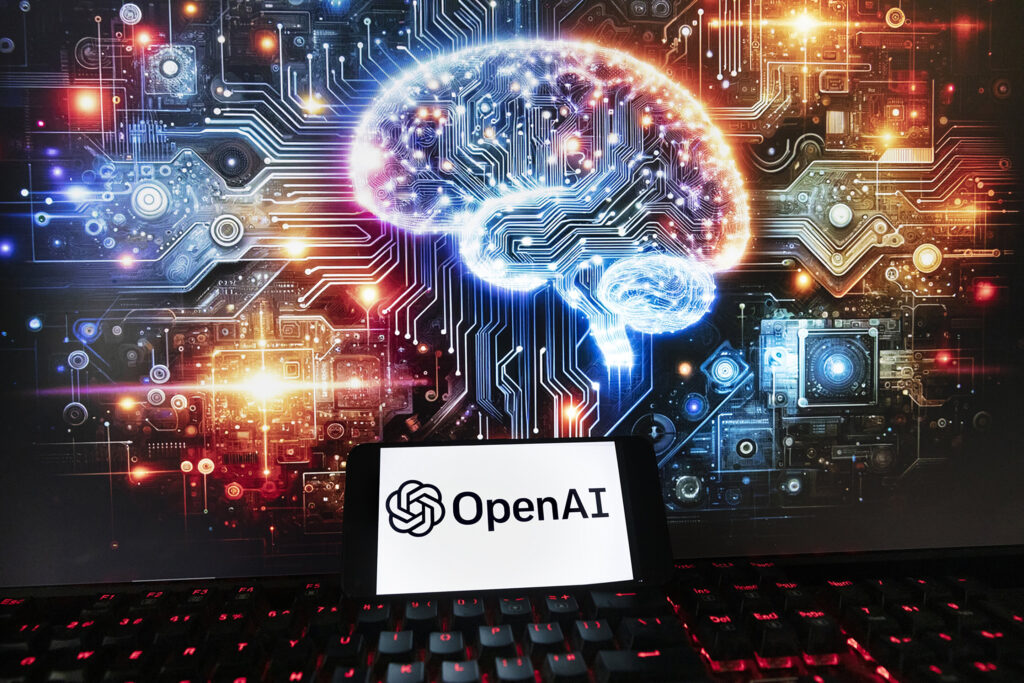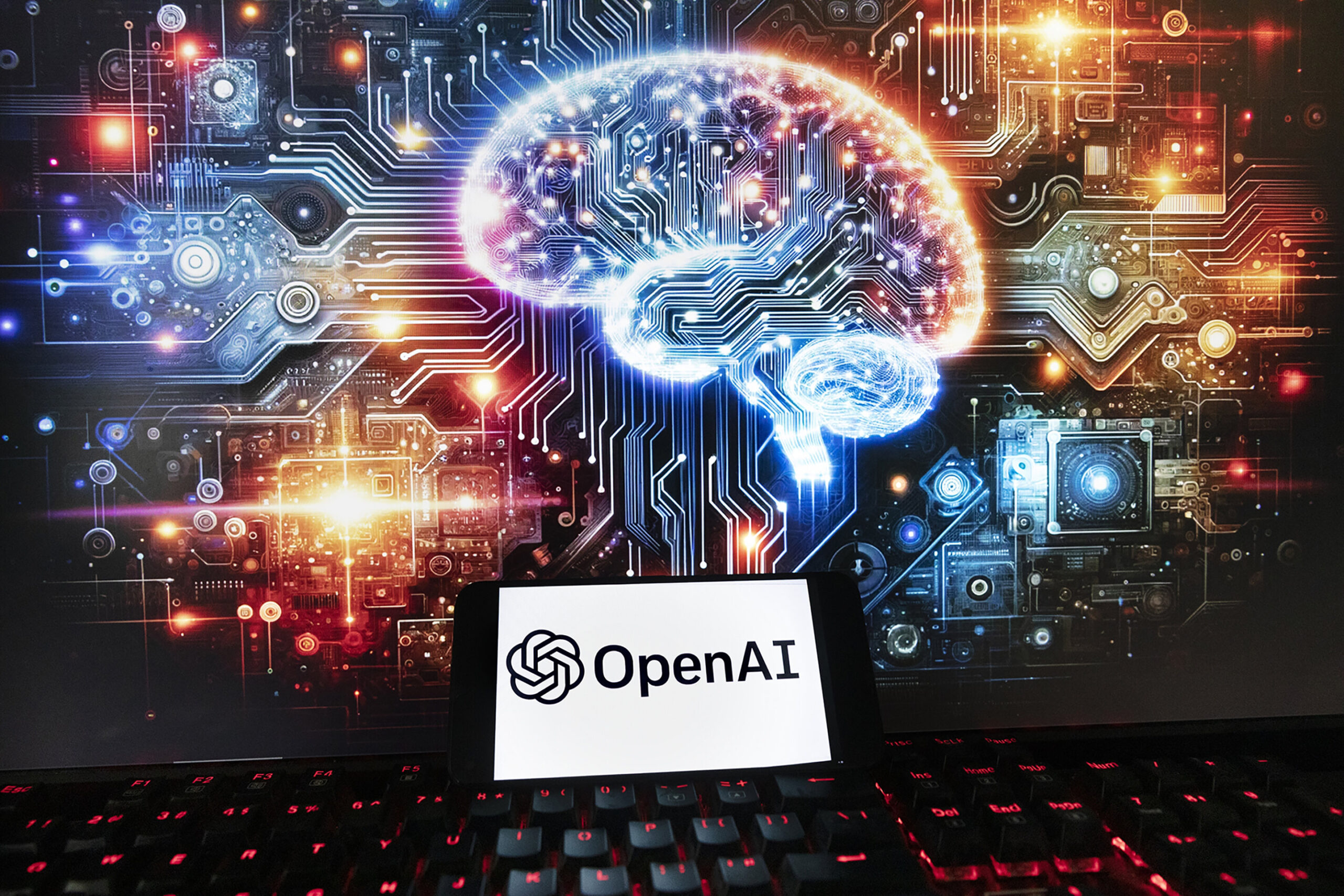
Artificial Intelligence (AI) is no longer just a buzzword — in 2025, it’s deeply integrated into our daily lives, especially across workplaces and educational institutions in the U.S. From helping students with homework to automating business operations, tools like ChatGPT, Sora by OpenAI, and Google Gemini are transforming how we think, learn, and work.
Let’s dive into how AI is reshaping the future of education and employment, and what that means for professionals, students, and institutions in the United States.
🤖 1. AI Tools Taking Over Classrooms and Homework
Gone are the days when students relied only on textbooks and teachers. In 2025, tools like ChatGPT and Sora are being used to:
- Generate essays and summaries
- Solve complex math problems
- Explain science concepts visually
- Assist with language translation and grammar
- Guide personalized learning with adaptive AI tutors
ChatGPT-4.5 and GPT-5-based apps are even embedded in popular U.S. learning platforms like Khan Academy, Coursera, and Google Classroom, offering instant academic help 24/7.
Sora by OpenAI, capable of generating educational videos from prompts, is now being adopted in schools to create interactive, visual explanations for science, history, and literature topics — boosting student engagement and retention.
Why it matters:
AI is making learning faster, more accessible, and more personalized, especially for students who need support outside traditional classroom hours.
💼 2. AI in the Workplace: From Assistants to Analysts
In the business world, AI tools are boosting productivity across industries:
- Customer Service: AI chatbots and voice agents are handling 80% of first-level support queries.
- Marketing: Tools like ChatGPT, Jasper, and Copy.ai help write emails, ad copy, blog posts, and product descriptions in seconds.
- Data Analysis: AI apps analyze spreadsheets, generate reports, and even create charts from raw data.
- Hiring: Resume screening, interview scheduling, and candidate ranking are all automated.
Many U.S. companies are hiring “AI Managers” to integrate and oversee the use of AI within departments — a completely new job role that didn’t exist just a few years ago.
Why it matters:
AI allows workers to focus on creative and strategic tasks, while automation takes care of the repetitive stuff — making businesses faster, leaner, and more competitive.
📚 3. AI Certifications & Skills in High Demand
U.S. universities and online platforms like Udemy, edX, and LinkedIn Learning are offering AI literacy courses for students and professionals. Top certifications include:
- AI for Everyone (Coursera)
- Prompt Engineering & ChatGPT Use (OpenAI)
- Google AI Developer Certification
- Machine Learning with Python (edX/MIT)
Whether you’re a teacher, marketer, coder, or HR executive — understanding how to use AI is becoming essential for career growth.
🧠 4. AI and Mental Health in Schools & Workplaces
AI is also being used to monitor emotional wellness and reduce burnout. In 2025:
- Schools use AI apps to track student engagement and flag those at risk of falling behind.
- Corporate wellness platforms use AI to suggest mindfulness exercises and recommend work-life balance adjustments.
- ChatGPT-based therapists provide basic mental health check-ins or support in times of stress.
While AI is not replacing human counselors, it’s helping extend support in resource-limited environments.
📉 5. Risks and Ethical Concerns with AI
Despite its benefits, AI in 2025 still faces serious challenges:
- Misinformation risks from AI-generated content
- Bias in AI algorithms, especially in hiring and grading
- Privacy concerns with data collection
- Overdependence on AI for problem-solving
Schools and companies are being urged to establish AI usage policies that promote ethical and transparent use.
Tip: Always double-check AI-generated content, and encourage students/employees to use AI as a tool, not a crutch.
🌍 6. U.S. Government and AI Regulation
The U.S. is taking steps to regulate AI through bills introduced in 2024 and 2025 that:
- Require disclosure of AI-generated content
- Set standards for AI use in education and employment
- Encourage transparency in training data and algorithms
In response, OpenAI and other major players are publishing AI usage guidelines and offering more control to users over data usage and personalization.
🚀 Final Thoughts: Embrace the Future, Wisely
AI is here to stay, and its influence in the U.S. education and job market is only growing. Whether you’re a teacher using ChatGPT to build lesson plans or a small business using AI to automate your operations, 2025 is the year to embrace AI responsibly.
Learn the tools, understand the risks, and stay curious — because in the age of AI, the human touch still matters most.

